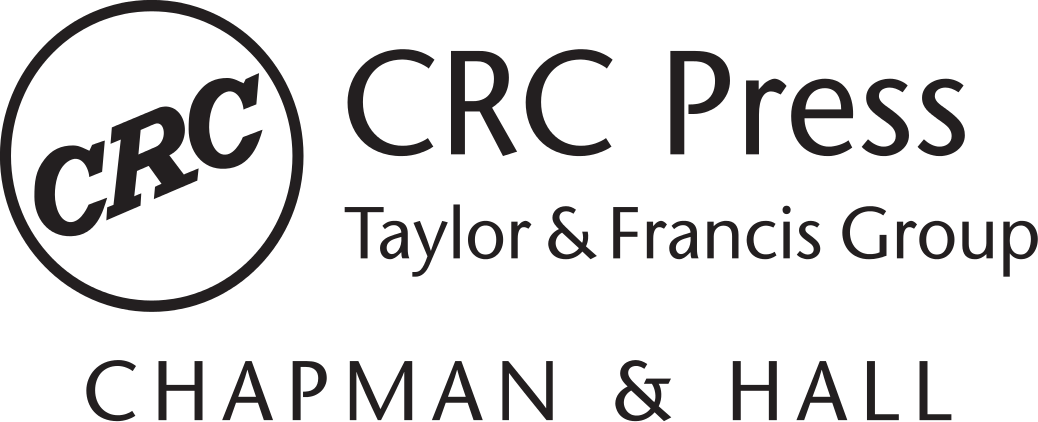Reproducible Research
with R & RStudio
2nd Edition
Overview of the Book
Reproducible Research with R & RStudio gives you tools for data gathering, analysis, and presentation of results so that you can create dynamic and highly reproducible research.
Tools you will learn as part of a reproducible research workflow:
R: a programming language primarily for statistics and graphics. We will focus on using it for dynamic data gathering and presenting results.
Cloud storage & versioning: Services such as Dropbox and Git/Github that can store data, code, and presentation files, save previous versions of these files, and make this information widely available.
RStudio: an integrated developer environment (IDE) for R that tightly integrates these reproducible research tools in one place.
Who Should Read the Book?
Academic Researchers: This book is intended to be a practical guide for how to actually make your research reproducible. Even if you already use tools such as R and LaTeX you may not be leveraging their full potential. This book will teach you useful ways to get the most out of them as part of a reproducible research workflow.
Students: Upper-level undergraduate and graduate students conducting original computational research should make your research reproducible. Forcing yourself to clearly document the steps you took will also encourage you to think more clearly about what you are doing and reinforce what you are learning. It will hopefully give you a greater appreciation of research accountability and integrity early in your career.
Instructors: When instructors incorporate the tools of reproducible research into their assignments they not only build students’ understanding of research best practice, but are also better able to evaluate and provide meaningful feedback on students’ work. This book provides a resource that you can use with students to put reproducibility into practice.
Editors: Beyond a lack of reproducible research skills among researchers, an impediment to actually creating reproducible research is a lack of infrastructure to publish it. Hopefully, this book will be useful for editors at academic publishers who want to be better at evaluating reproducible research, editing it, and developing systems to make it more widely available.
Private Sector Researchers: Researchers in the private sector may or may not want to make their work easily reproducible outside of their organization. However, that does not mean that significant benefits cannot be gained from using the methods of reproducible research. Making your research reproducible to members of your organization can spread valuable information about how analyses were done and data was collected. This will help build your organization’s knowledge and avoid effort duplication.
Table of Contents
Download the full table of contents:
Click the links below to download sample chapters or visit Google Books.
- Introducing Reproducible Research
- Getting Started with Reproducible Research
- Getting Started with R, RStudio, and knitr/rmarkdown
- Getting Started with File Management
- Storing, Collaborating, Accessing Files, and Versioning
- Gathering Data with R
- Preparing Data for Analysis
- Statistical Modeling and knitr
- Showing Results with Tables
- Showing Results with Figures
- Presenting with knitr/LaTeX
- Large knitr/LaTeX Documents: Theses, Books, and Batch Reports
- Presenting on the Web with R Markdown
- Conclusion
Part I: Getting Started
Part II: Data Gathering and Storage
Part III: Analysis and Results
Part IV: Presentation Documents
Purchase
You can order it from:
Extra Materials
You can freely download supplementary files used for examples discussed in the books chapters as well as a short, but complete reproducible research project.
Updates/Suggestions/Errata
The software underlying Reproducible Research with R and RStudio is constantly changing. Please see the Book's Updates page for a list of major software updates.
If you notice software changes that should be noted on the Updates page or have any suggestions for future editions of the book, including new reproducible research technologies to cover, feel free to leave a comment on the Book's development page.
Corrections to typos in the current printed version be found on the Errata page.

